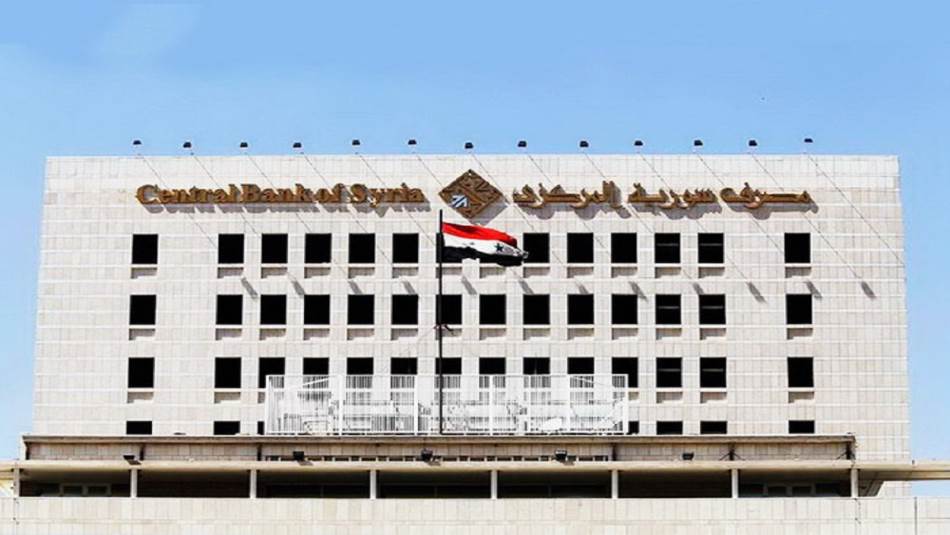The Central Bank of Syria has canceled its import financing platform, which was launched about two years ago with the aim of stabilising the exchange rate. The platform required importers to pay 50% of the value of their goods in Syrian pounds when submitting a financing request to grant an import license. This condition would operate, provided that the remaining amount was completed within a month from the date of the entry of goods into the country and placed in the markets. The scheme allowed private and joint sectors to import from outside the platform.
The establishment of the platform was part of a package of monetary policy measures taken by the regime in 2021 to control the exchange rate of the Syrian pound. However, these policies have since proved to be a failure, as economist Dr. Firas Shaabo explained to Al-Modon.
The new decision paves the way for the regime to withdraw from financing imports, as the platform was financing permitted imports with a 30 percent reduction in the value of goods. The imports could be purchased at a price equivalent to the official exchange rate, not the black market rate.
But with the lira’s rate of depreciation, Shaboo infers that the regime is no longer able to secure foreign exchange to cover imports: “Basically, most traders were importing products outside from the platform and relying on their own resources,” he says.
Interpretations of the decision’s impact varied among commercial players in the regime-controlled areas. Traders considered that lifting restrictions on imports would increase competition and thus reduce prices; they also expected a reduction in the value of goods (by around 30 percent). On whether this would lead to a rise in prices, they explained that the regime’s central bank had raised the exchange rate of the remittance dollar to a price close to the black market, which makes the reduction worthless.
It is noteworthy that the decision did not cancel all restrictions on imports. Rather, it specified sources of financing through operating banks or licensed exchange companies or from the importer’s account in foreign exchange. On this point, the economist Dr. Ahmed Nassif believes that the system plans to force traders to put their balances in dollars in banks.
He explained to Al-Modon that the regime ensures that traders put balances in their bank accounts, in order to avoid transferring them outside Syria.
Thus, Nassif believes that cancelling the platform indicates the regime’s need for dollars. Secondly, it will limit import operations to a specific category of importers and traders, especially since laws prohibit the circulation and possession of dollars.
Mohammed al-Hallaq, a member of the regime’s Damascus Chamber of Commerce, criticized the decision to cancel the import financing platform. He stressed that the new financing mechanism is not much different from the previous one in terms of financing options – that is, financial through operating banks, licensed exchange companies, or from the importer’s account in foreign exchange.
This article was translated and edited by The Syrian Observer. The Syrian Observer has not verified the content of this story. Responsibility for the information and views set out in this article lies entirely with the author.


